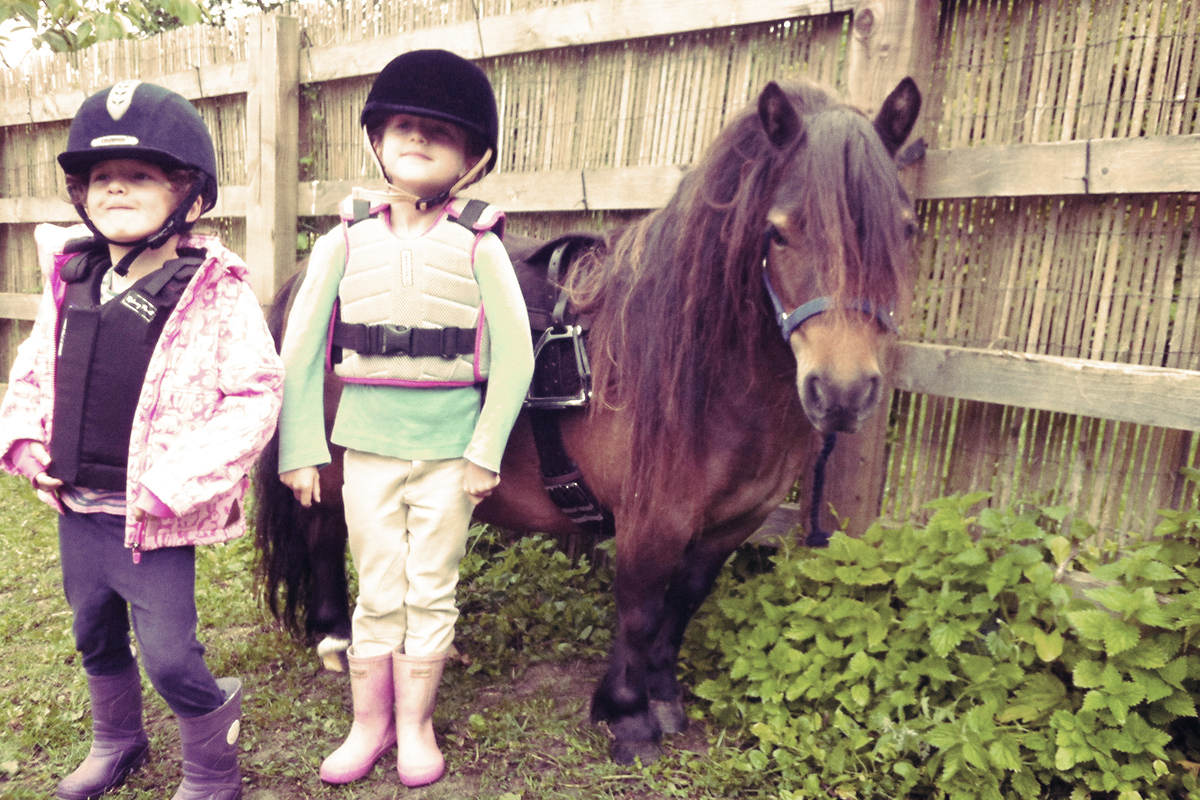Now fall off…

Now fall off… As a kid, at the end of a riding lesson I was always encouraged to fall off my pony, learn to tumble, and getting up unhurt, dust off my knees and get back on again! What I was learning was that falling off wasn’t a big deal.
For kids, learning to “fall off” – learning to take reasonable risks, – even understanding what a reasonable risk is, is an absolutely vital part of their education for preparation for adult life. It is important for kids to learn that making mistakes is part of the (creative) process and to learn from these. We cannot control everything in adult life and it is vital we learn to work with such situations.
Risk factor
Most of us know it, we have heard it a hundred times or more – risk is good for kids on many significant levels, but somehow we still find it difficult to expose our kids to challenges we relished as children. Children are hard wired in fact to seek out risky situations, to experience them and learn about their boundaries and abilities, they will always want to swing higher, jump further or go faster.
But what are kids learning when they take risks? Paul Tough’s excellent book How Children Succeed talks about the character qualities kids need to “succeed” in this world. Tough describes how resilience, self motivated and resourcefulness are vital qualities to take kids into adulthood. All these qualities are encouraged by kids taking on and meeting challenges through taking risks in play.
What ever next?
So what are we achieving by keeping our kids so “safe”? I suspect a generation of young people who lack confidence, who shy away from challenges, who don’t understand their own boundaries or abilities on many levels; socially, mentally, emotionally, physically, creatively and who just happen to be part of a rising obesity epidemic… We are simply not preparing our children for adulthood in a challenging world.
Simple Solutions
And it doesn’t take much to turn things around – start by letting kids climb a tree, climb on a wall outside the super market – try something new that brings a relevant challenge to their own personal levels of abilities. Bring into their lives a culture of challenge where they need to learn to manage and strive beyond their immediate comfort zone. It doesn’t have to be life threatening but perhaps just a little exciting…
Related articles
Risky outdoor play positively impacts on children’s health
Risky Play: Why children love it and need it
Children should engage in risky play
Related Books
How children succeed by Paul Tough
Risk and adventure in early years outdoor play: Learning from Forest schools by Sarah Knight
